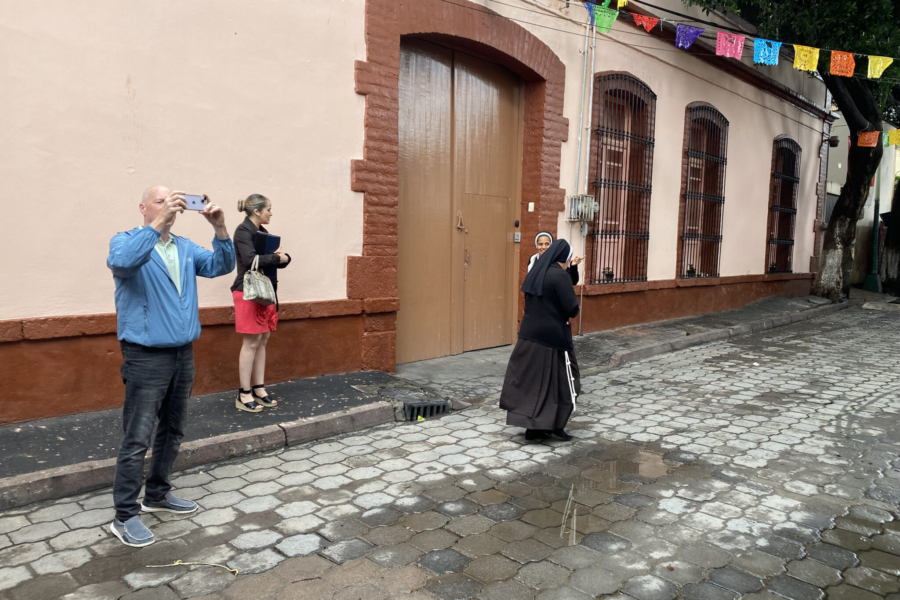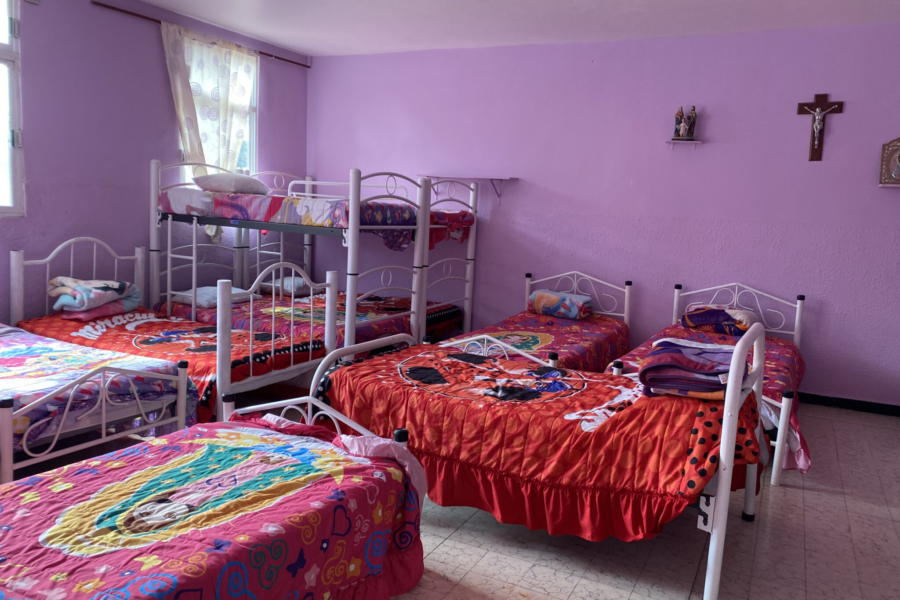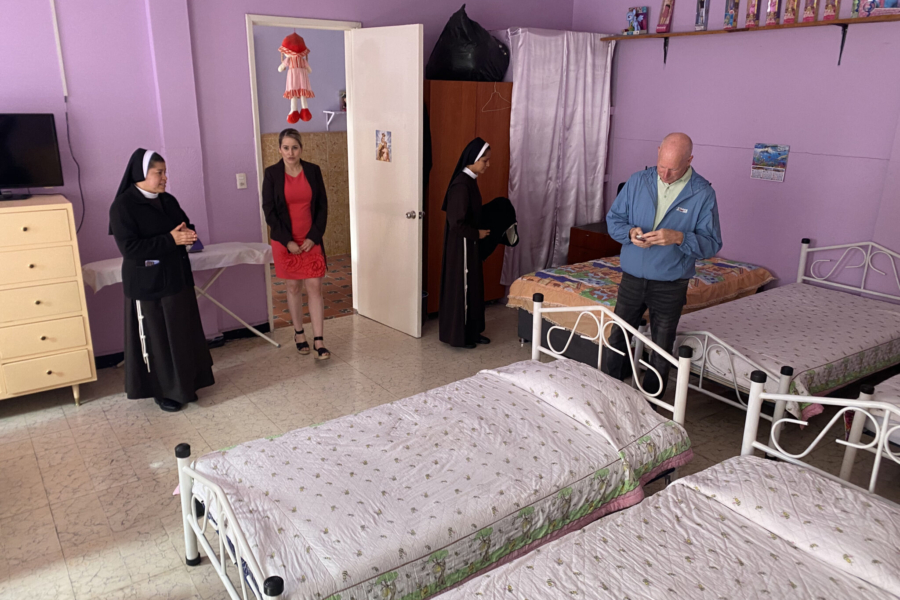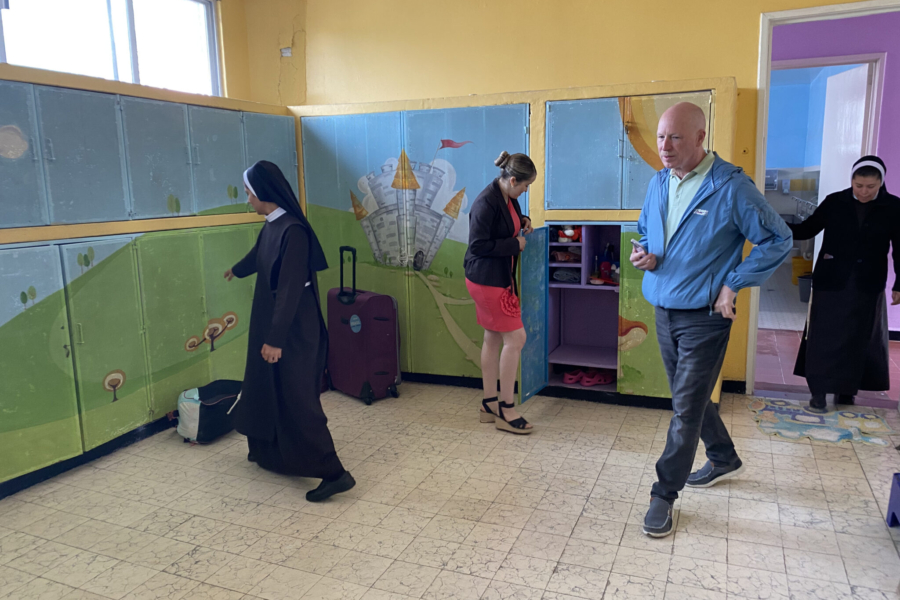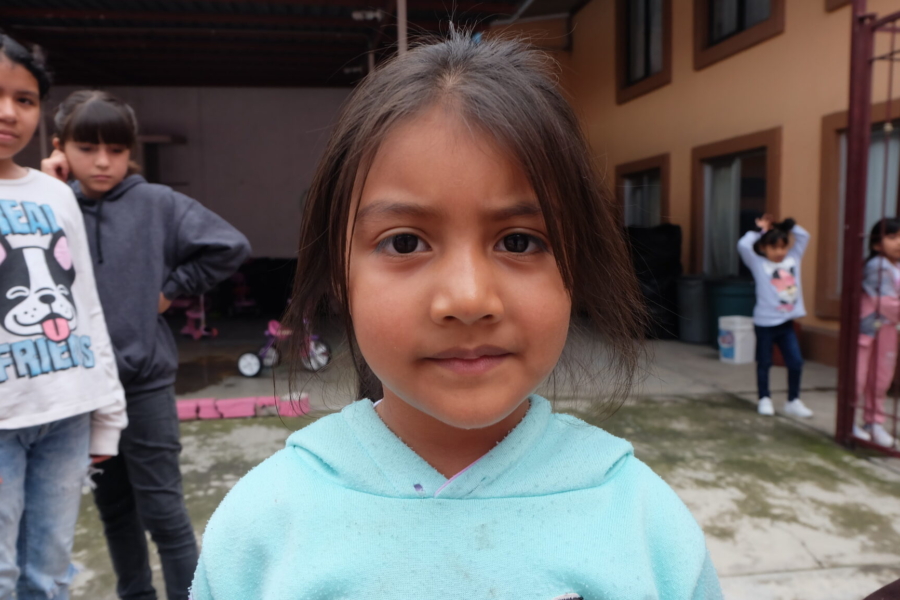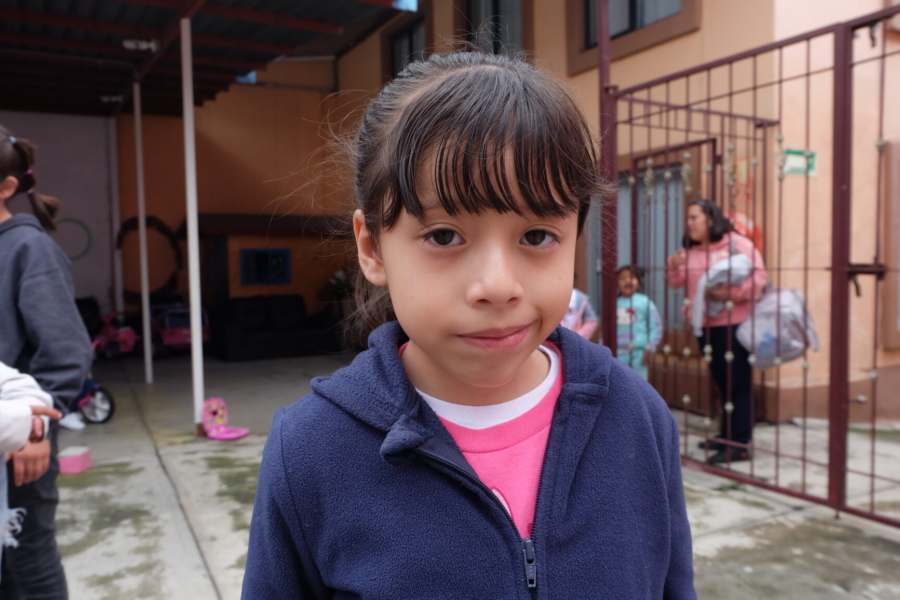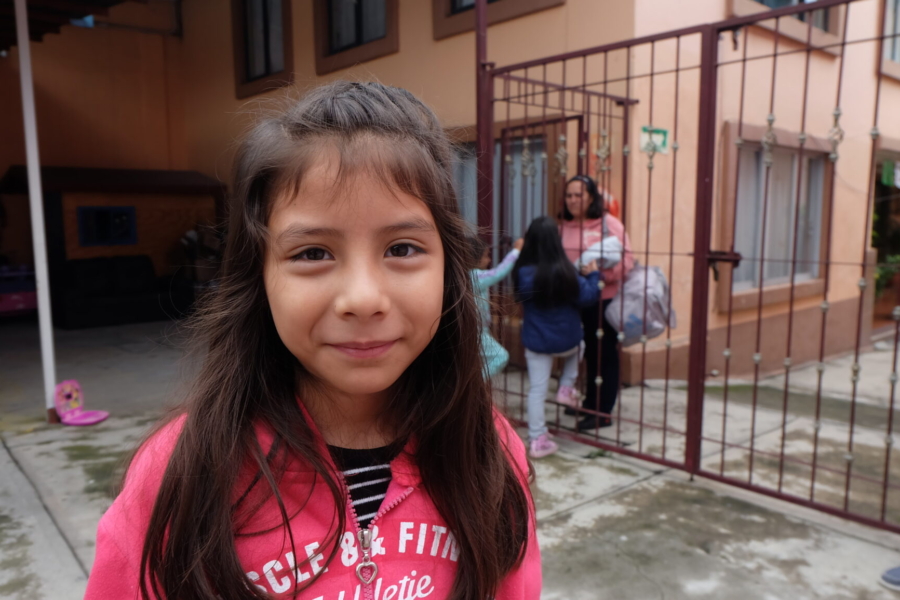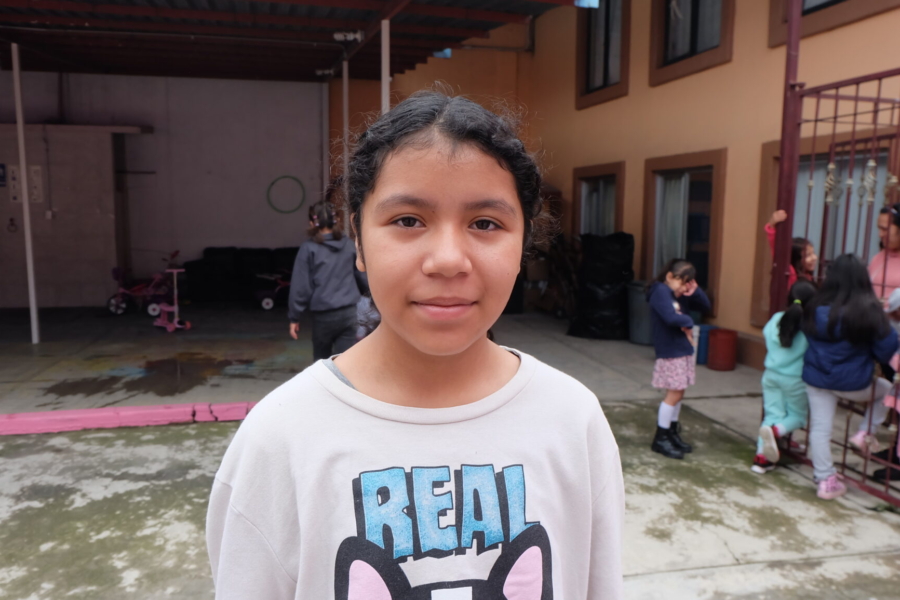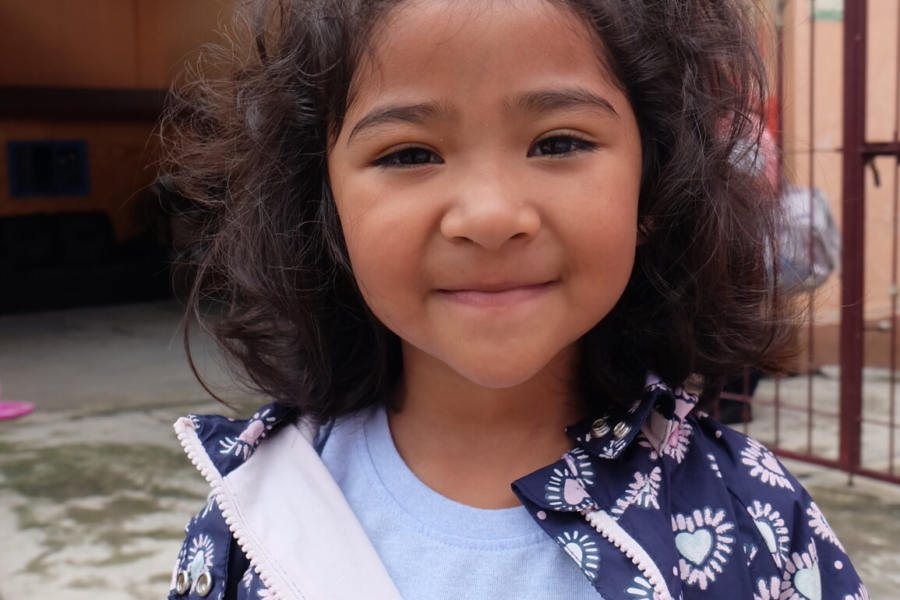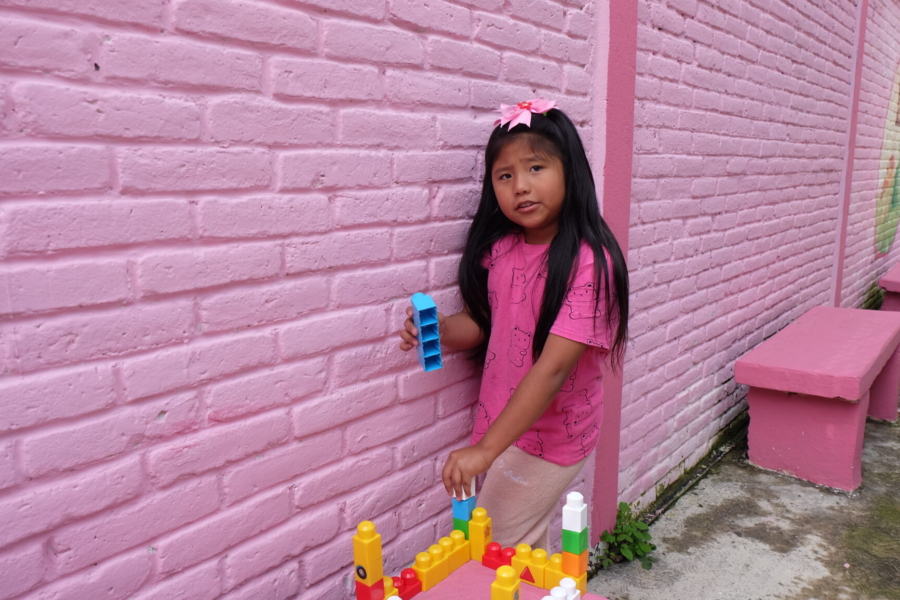As the holiday season often means sharing what we are grateful for, we would like to share letters of gratitude from our volunteer coordinators as part of our monthly Impact Report. Thank you, our loyal supporters, for everything you have done this holiday season and throughout 2024 to help children in need.
“I can’t tell you what a gift it is to see students and families’ lives transformed, and I cannot thank you enough for the difference they have made.”
Becky’s Letter
My school district is one where almost 70% of students are classified in the category of economically disadvantaged. So, from a resource position, things can feel a little overwhelming. This is where Children Incorporated comes in to alleviate some of the financial burdens for students who are enrolled in the program and help to eliminate the non-academic barriers that these students face.
To say that I am simply grateful for this program does not seem like adequate appreciation for the amazing things Children Incorporated does for those in need. The kindness and generosity of sponsors will forever be remembered by these students and myself.
Sincerely,
Becky
Johnson Central Youth Services Center, Kentucky
Denise’s Thank You
Flat Gap Elementary School is located in the mountains of Eastern Kentucky and has seen firsthand how much it means to have the basic needs of elementary students and families met. I am genuinely thankful to Children Incorporated and the sponsors we have for our students. Because of the sponsors, we are able to provide students with basic needs so they can focus on their education, and we are able to form bonds with those families.
I also can’t thank the sponsors and donors enough for giving our students the opportunity through Hope In Action Funds. These funds have helped our school with several family literacy nights, family game nights, reading programs, and other literacy events. I can’t tell you what a gift it is to see students and families’ lives transformed, and I cannot thank you enough for the difference you have made.
Thank you,
Denise
Flat Gap Elementary School, Kentucky
Melania’s Note
On behalf of the Crossroads Elementary School Family Resource Center, I would like to thank you for allowing our students to participate in the Children Incorporated program. The students have benefited tremendously from the sponsorship program, which has allowed me to provide clothing, shoes, hygiene items, and school supplies to sponsored children throughout the school year. Witnessing the smiles on their faces when they receive what I have bought them is such a heartwarming experience. Not only are the enrolled students appreciative, but so are their guardians.
As the Children Incorporated volunteer coordinator, I feel that the program has brought me closer to the families in need. It allows me to talk to them more often and learn about the difficulties they face dealing with the everyday struggles of rising costs of necessities. Participating in the program enables them to open up with me, and through those conversations, I can tell they are forever grateful for the sponsors.
Sincerely,
Melania
Crossroads Elementary School, Kentucky
your impact through hope in action
Sponsorship is one of many ways you help impoverished children every month. Additionally, thanks to contributions to our Hope In Action Fund in the last month, we have been able to:
– Provide funds to purchase warm clothing for students at Oak Grove/Bellemeade Elementary in Virginia
– Provide funds to purchase emergency supplies for a student at Kimper Elementary School in Kentucky whose family had a house fire
– Provide funds to purchase nutritious meals for 30 students at the Dandora Center in Kenya for one month
– Provide funds to purchase daily meals for 100 students at the St. John’s Community Center in Kenya for one month
– Provide funds to purchase nutritious meals for 25 students at Kids’ Hope in Ethiopia for one month
– Provide funding to purchase nutritious meals for 25 students for one month at the Fortune Children’s Center in the Philippines
– Provide funds to help the family of a student at Johns Creek Elementary School after a house fire
– Provide funds to purchase meals for 30 students at Santa Isabel Ana Seton in Guatemala for a month
– Provide funds to provide disaster and emergency relief to the family of a student at Hindman Elementary School in Kentucky after a house fire
…and so much more! Thank you to our supporters for all that you do! We couldn’t do our life-changing work without you.
***
How do I sponsor a child with Children Incorporated?
You can sponsor a child in one of three ways: call our office at 1-800-538-5381 and speak with one of our staff members; email us at sponsorship@children-inc.org; or go online to our sponsorship portal, create an account, and search for a child in that is available for sponsorship.

